While the average standing height of adults varies, fully grown wheelchair users tend to see the world at the eye-level of a seven or eight-year-old. Metro Veinte: Cita Ciega (4 Feet: Blind Date in English) aims to give viewers a perspective on what it’s like to roll through life in an environment designed for a walking population.
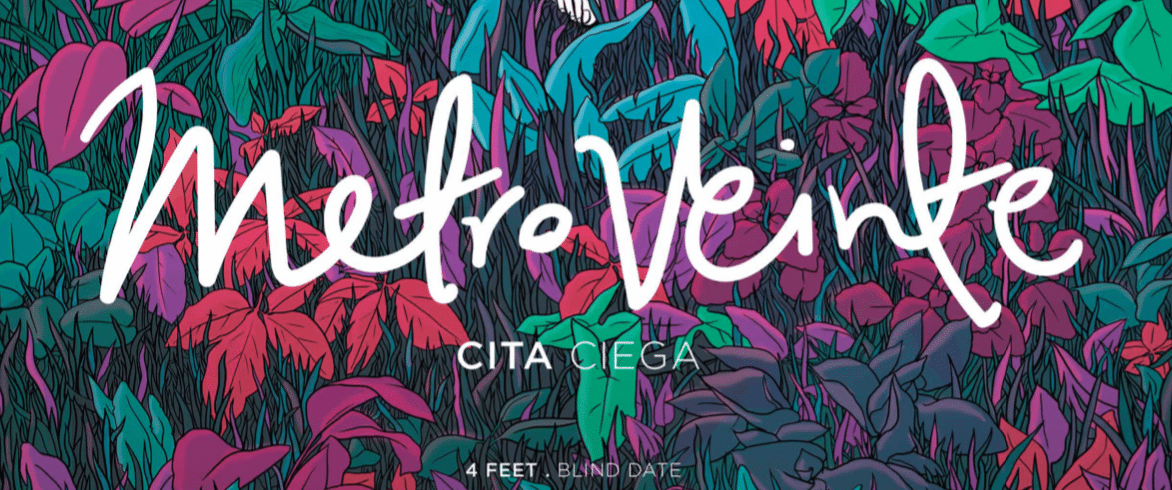
In this 17-minute virtual reality experience, Juana, an 18-year-old power wheelchair user living with her mother in Argentina, decides it’s time for her to explore her sexuality. As a typical teenager would, she turns to social media and successfully sets up a date with a young man named Felipe. While navigating public transportation and enduring the stares of strangers, the blue-haired Juana seeks to calm her first-date jitters by texting her concerns to a girlfriend. Should she have told Felipe about her wheelchair?
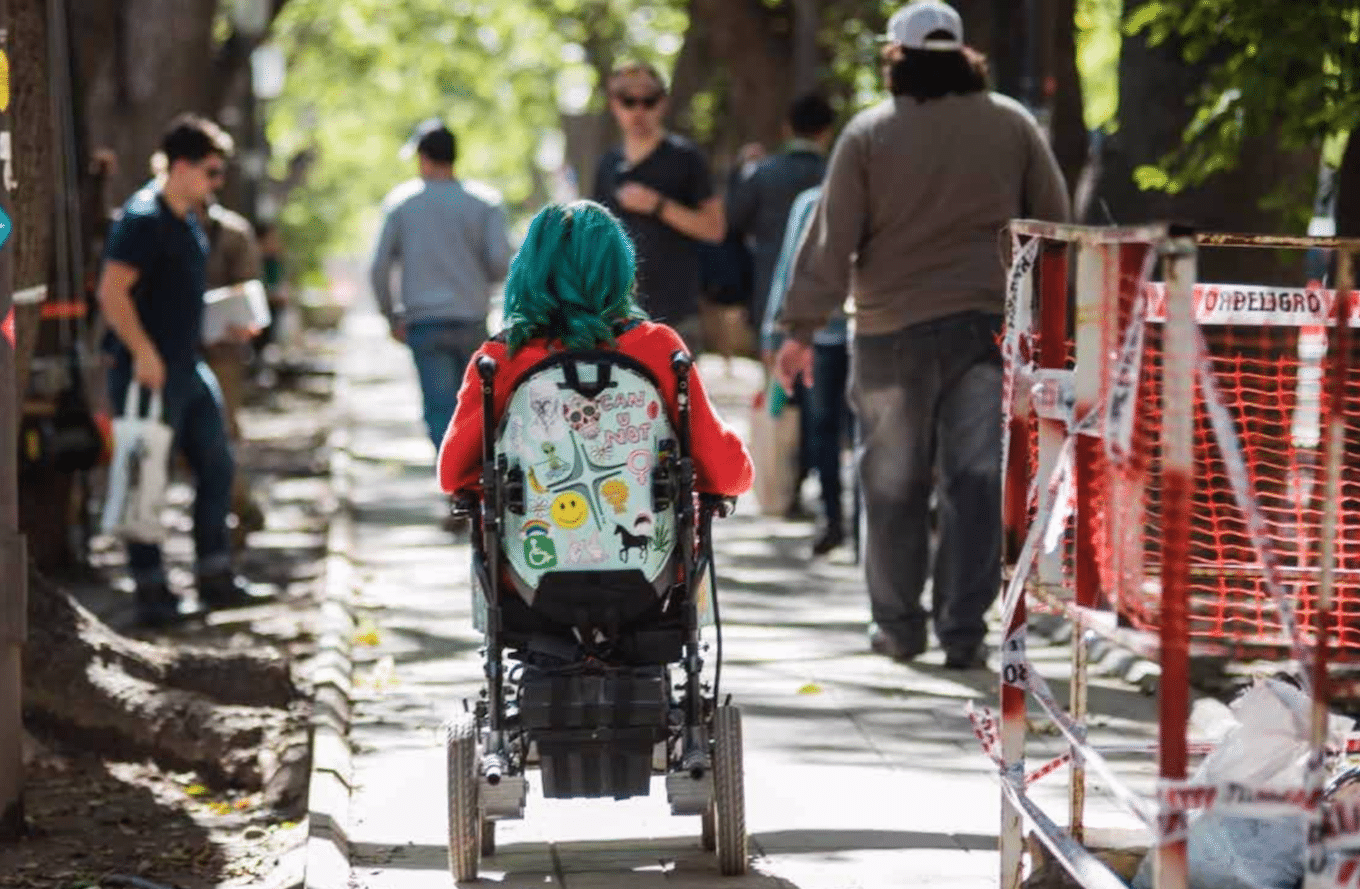
Producer Ezequiel Lenardon, alongside director María Belén Poncio, presented the film at SXSW as part of the 2019 Virtual Cinema exhibition. Standing viewers were invited to sit in one of the provided wheelchairs to get the full experience of Juana wheeling around her city and going about her day. Shot in 360 degrees, able-bodied viewers wearing a VR headset caught a brief glimpse of what seated life is like as they awkwardly strained their necks in all directions worried they may be missing out on the action happening above, around, or behind them. For non-Spanish speakers, subtitle placement differs throughout the film adding another element of restlessness while striving to follow along.
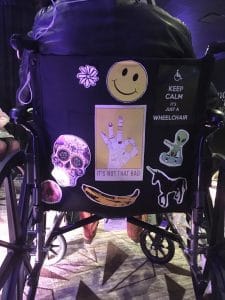
The idea for the film began when Lenardon heard Rosario Perazolo Masjoan speak at a TEDx event and instantly knew her story would translate perfectly into the VR realm. After bringing the disability rights activist living with muscular dystrophy on board to write the script, they sought out another powerful female voice to take on the director role. When asked why she said yes to the project, Poncio replied, “I always try to tell stories that have an impact on society, that make us question ourselves and our way of seeing the world, seeing ourselves, and seeing other people.”
In an interview with Lenardon at SXSW, he stressed the value of inclusion throughout the entire process of creating the film:
“It was super important that Rosario [Perazolo Masjoan] be part of the whole process. It's not that she just wrote the script, and that was it. She was actively involved from the scouting process to coaching the actress to being on set and feeling and creating that environment. We believe that inclusion means bringing diversity into the film industry. It's not about telling other people's stories; it's about bringing those storytellers into this world, even if they're very young or it's their first experience. It's pretty amazing what we learned from this process and what the whole crew learned from this process.”
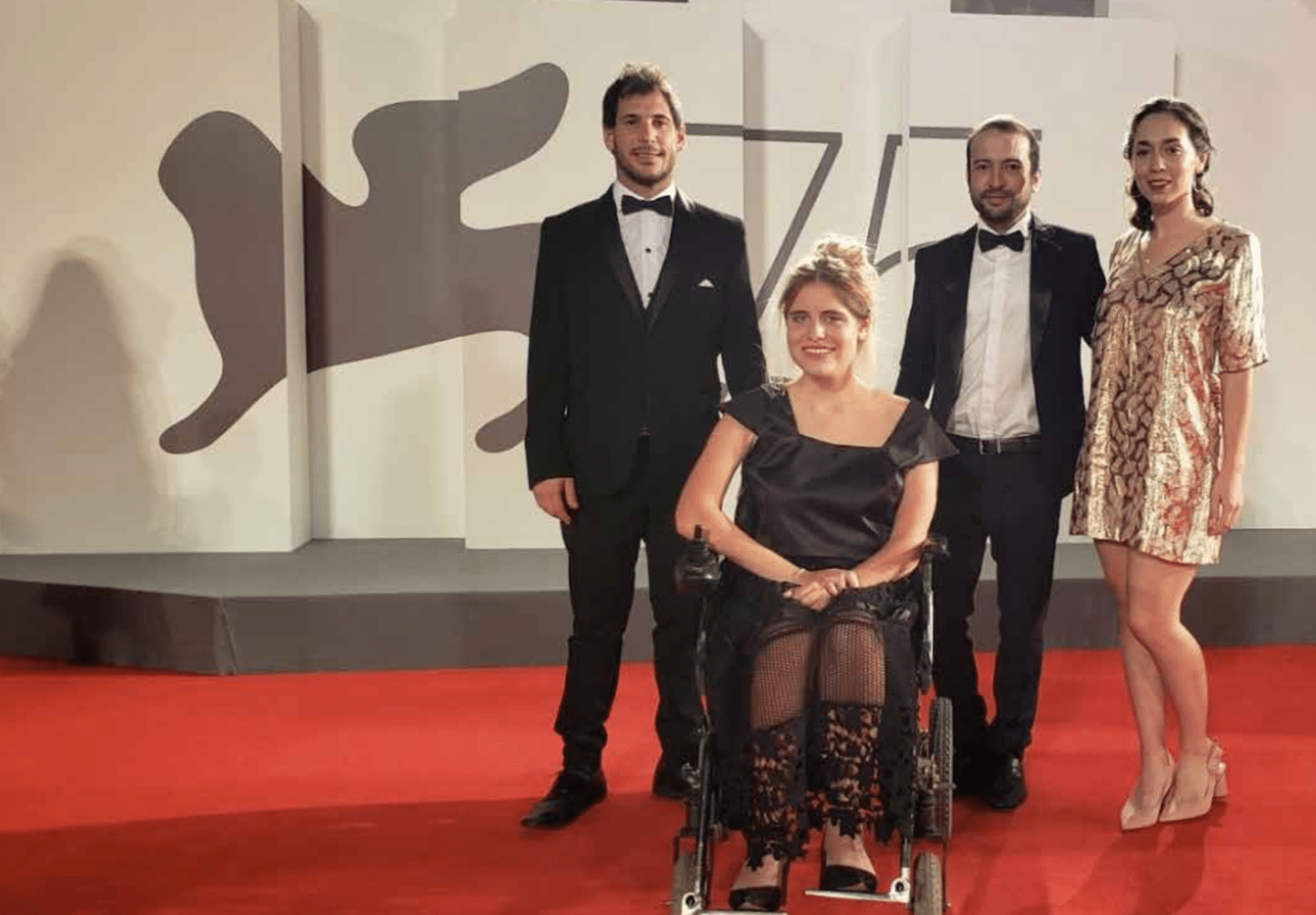
Metro Veinte proved to be a crowd favorite at SXSW and also won the Virtual Cinema Jury Award for Best 360º Narrative. Unfortunately, the lack of widespread access to VR devices will likely hinder the film from reaching mainstream audiences anytime soon. For now, the team is focusing on film festivals and aims to set up location-based installations in museums, high schools, and college campuses in the near future. Follow along on Instagram for information on screenings near you.
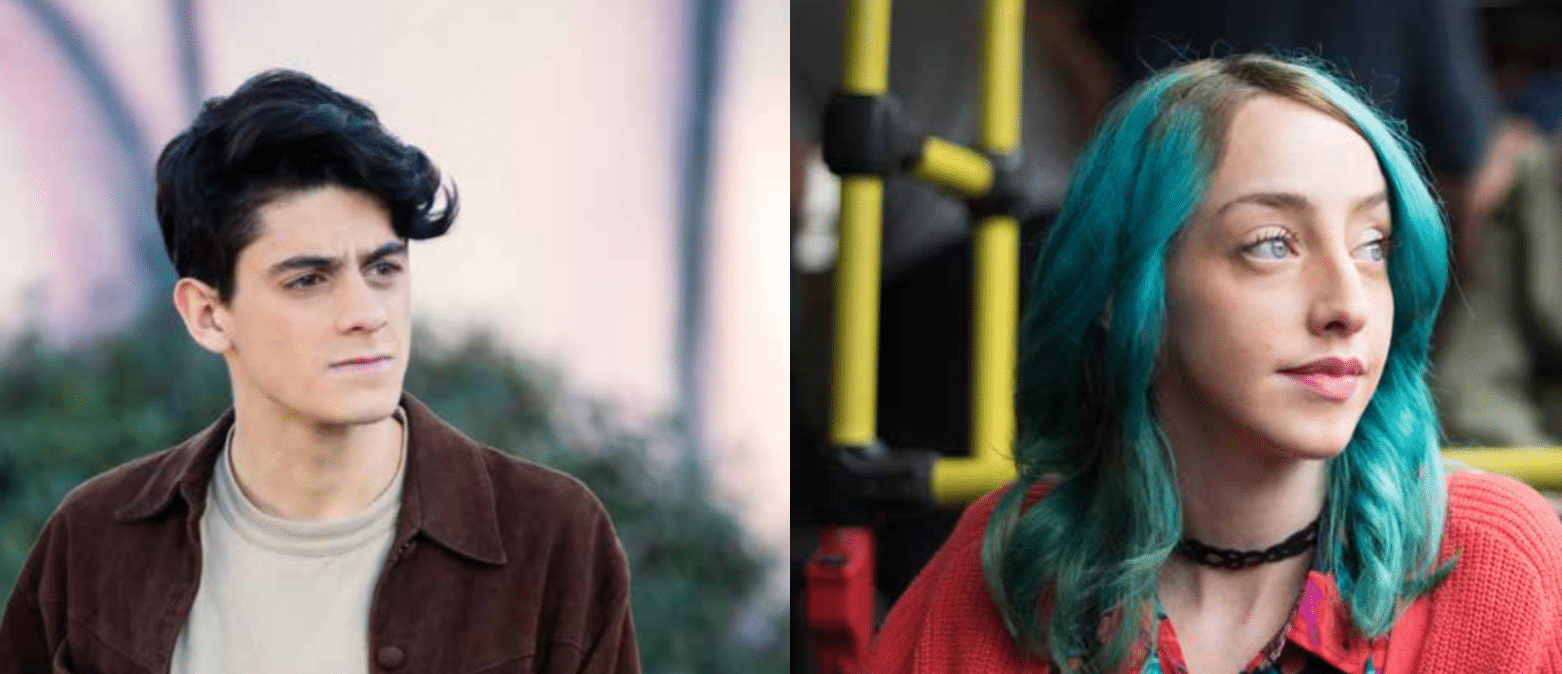
Editor’s Note: Metro Veinte: Cita Ciega was funded by La Biennale di Venezia.
Wheel:Life does not recommend this film for young children as it contains adult-themed content and language.
About the Author
Betsy Bailey has a diverse background that includes experience in marketing research, business operations, travel and culinary writing, and playing volleyball professionally overseas.
Betsy has been writing for Wheel:Life since January of 2017 and thoroughly enjoys the process of getting to know her interviewees. She also teaches students learning English as a second language, speaks French fluently, and travels any chance she gets!